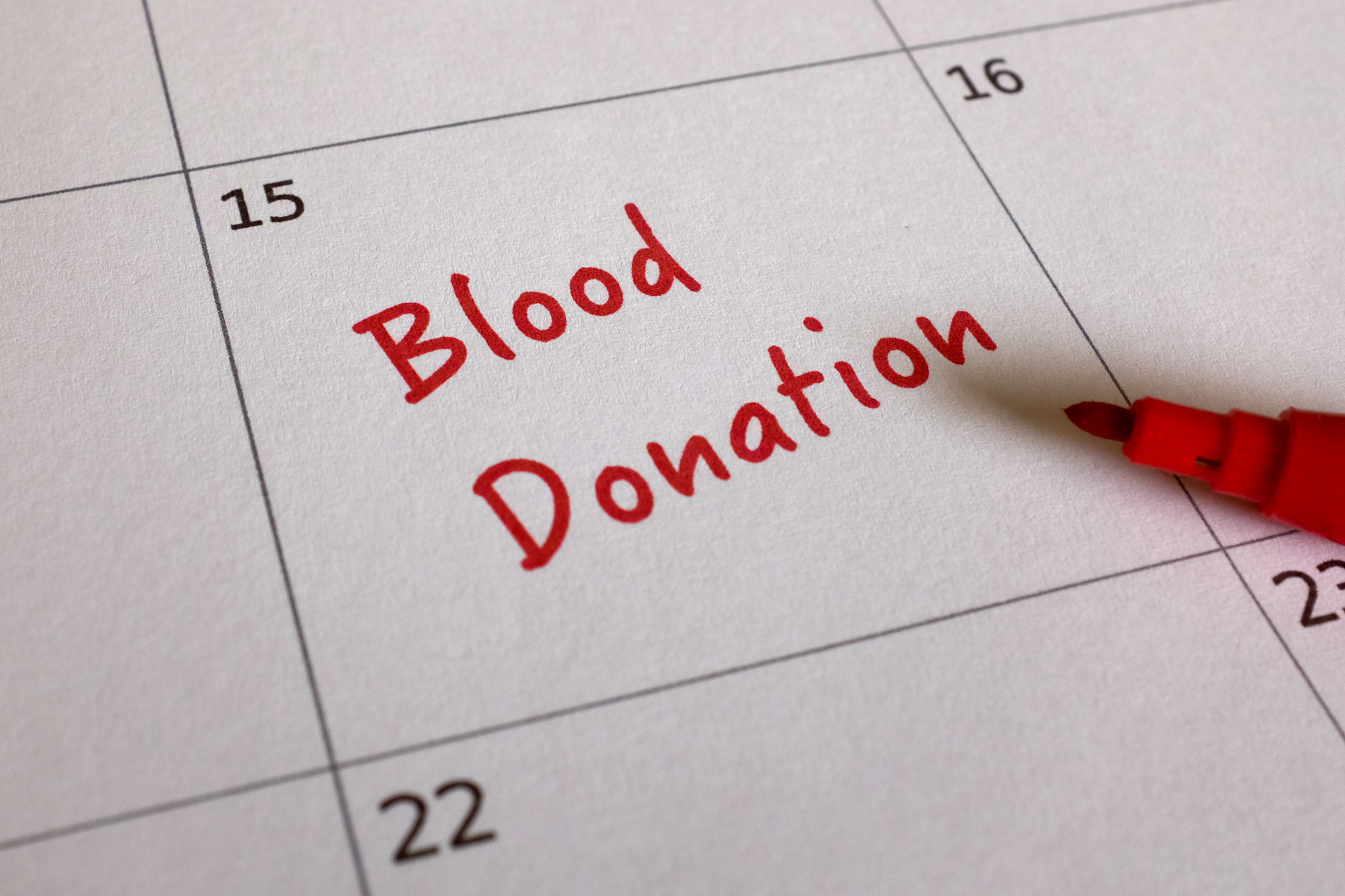When my cousin mentioned that she wanted to give blood, I was happy because she voiced a wish of my own. I had wanted to donate blood for years, but I never met the eligibility criteria: either I didn’t weigh enough or I was anaemic. I had been fully eligible for over a year, but I kept postponing my donation for no reason other than the fear of facing the unknown alone. Having found another person to share the experience with, I was finally brave enough to follow through and donate.
I am a medical student, an aspiring Emergency Medicine specialist, an advocate of blood and organ donation, and I am fully eligible to give blood. Who better to donate than me? How can I expect other people, who are less aware of the need for blood products or the process of blood giving, to volunteer for this seemingly unpleasant act, without serving as an example?
Let me tell you, it was not a big deal. The whole experience was actually quite different from what I expected. I expected to be in pain, to feel dizzy and to have to spend a whole day preparing and recovering from giving blood. Here is what actually happened:
After a usual day of classes and a light lunch, we walked to the Croatian Institute for Transfusion Medicine, nervous but excited. We were met by very friendly staff, who responded to my nervous humour with witty jokes. I have to give them credit, because they made a big difference in my first experience. While they joked and kept the mood light, they were professional and reassuring.
The nurse who welcomed me didn’t believe I weighed enough, but a quick consult with the scale proved him wrong. After a quick check of my haemoglobin level and a small routine examination, I was given a questionnaire to fill out about my medical history, medication use, lifestyle and traveling.
It was encouraging to see that quite a few donation beds were taken. A few people seemed to be regular donators, as they chatted between themselves and with the staff, looking completely at ease. While waiting for a donation bed to clear, the staff chatted with me about medical university workload and our health system. After a very short wait, I was shown to a donation bed and got comfortable in a head-and-feet-up position. My cousin couldn’t give blood herself as she was anaemic, so she kept me company. I have to admit my eyes did widen at the sight of the 16 gauge needle, but a nurse inserted it in my cubital vein quickly, and I can’t say that it hurt.
I squeezed my stress ball to keep the blood flowing, had sips of water, and chatted with my cousin and the staff. As I watched the red fluid flowing from my vein to the bag, I didn’t feel faint, as I expected. I did have a weird sensation I can’t describe, which was probably psychological, but there wasn’t pain, sweating, dizziness or any other symptom I expected I would have due to my low blood pressure. It didn’t last more than five minutes, which is a lot quicker than I thought it would be. Even though I felt completely fine, I was advised to stay on the bed for a few more minutes just to rest.
After a friendly goodbye from the staff, and a present of a pen that looks like a syringe, I was shown to the cafeteria where I got a drink, a warm meal and a doughnut. I left the site feeling happy knowing my blood will help someone else, and elated with the enjoyableness of the experience.
For the rest of the day, I made sure to keep hydrated and have healthy meals, but otherwise I went about my usual business: I walked my dog, studied and went to the gym (exercise isn’t recommended straight after giving blood, but I was careful not to strain myself).
I realise that giving blood isn’t the first thing to pop into your mind when you imagine a perfect day, but it’s a quick and easy thing to do. It doesn’t take a lot of time and effort on your part, but it can make a big difference in someone’s life.
Find out more about donating blood, eligibility criteria, and how to get ready for a donation, with special notes for first time donors.
A few facts from the American Red Cross:
- Every two seconds someone in the U.S. needs blood.
- More than 41,000 blood donations are needed every day.
- Although an estimated 38% of the U.S. population is eligible to donate, less than 10% actually do each year.
Give blood, save lives.
Featured Image:
Blood Donation Appointment in Calendar/Journal by Oliver Symens


